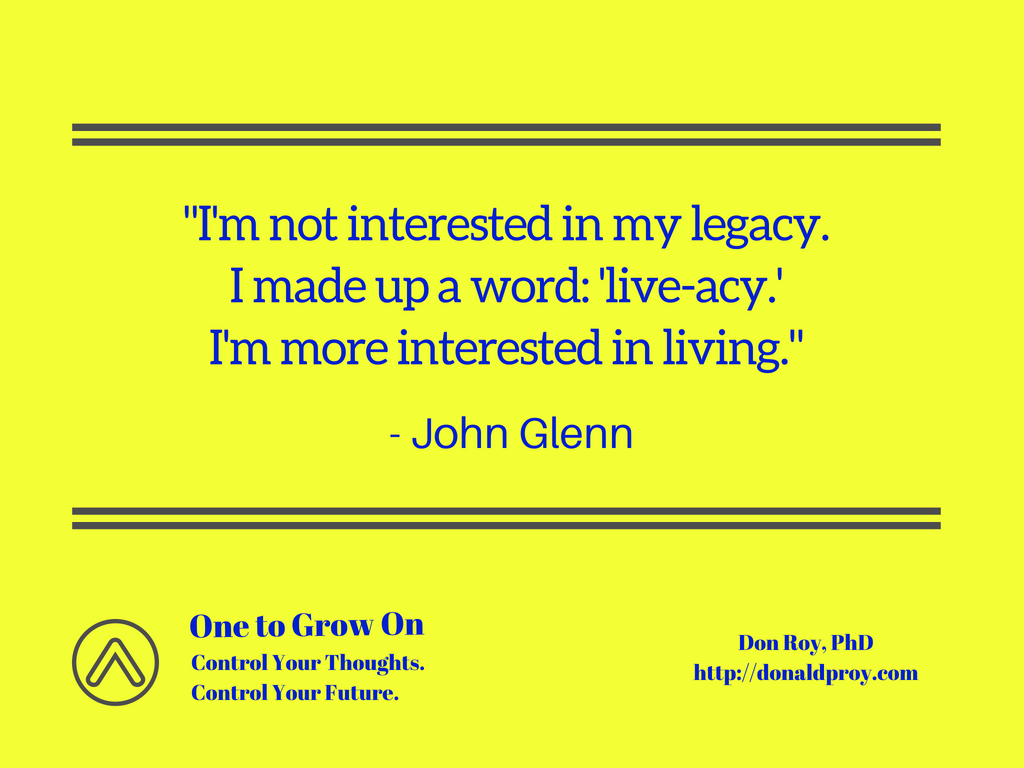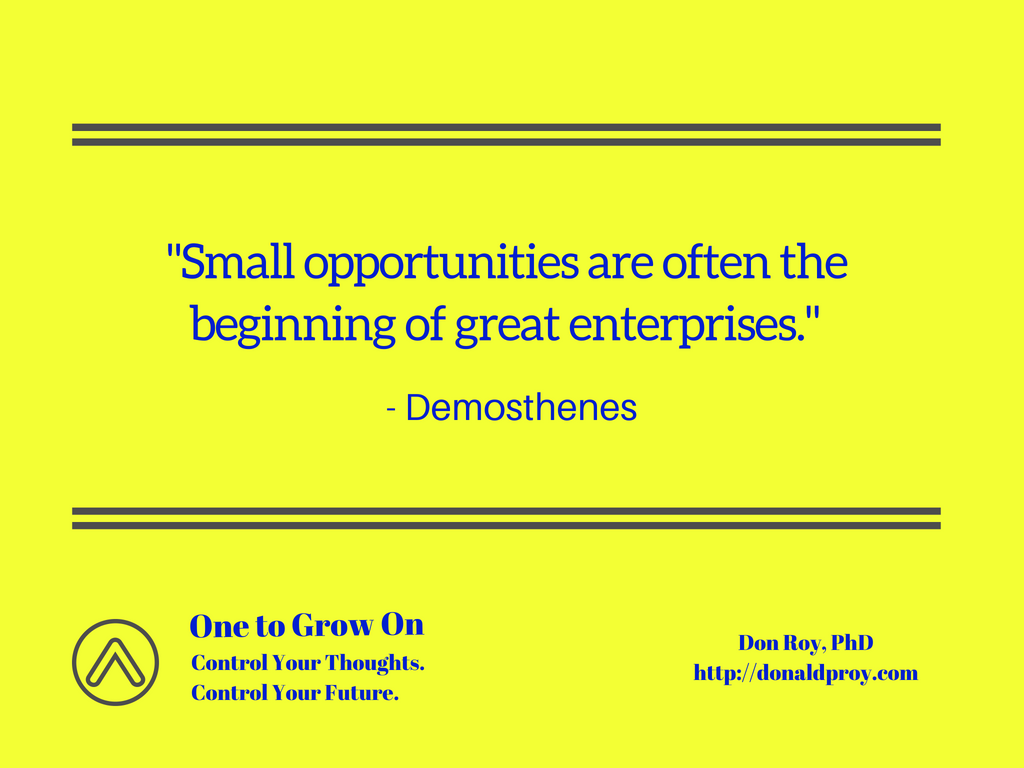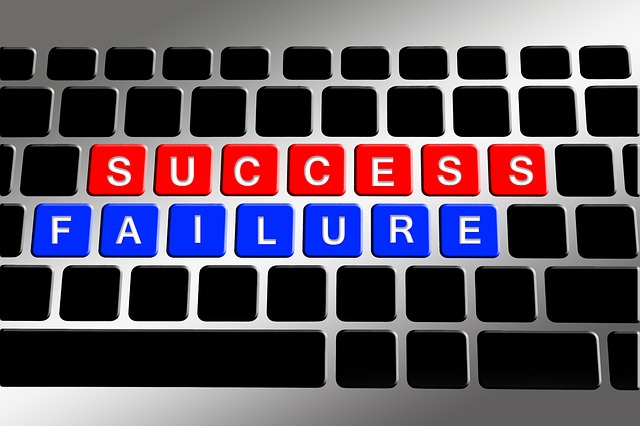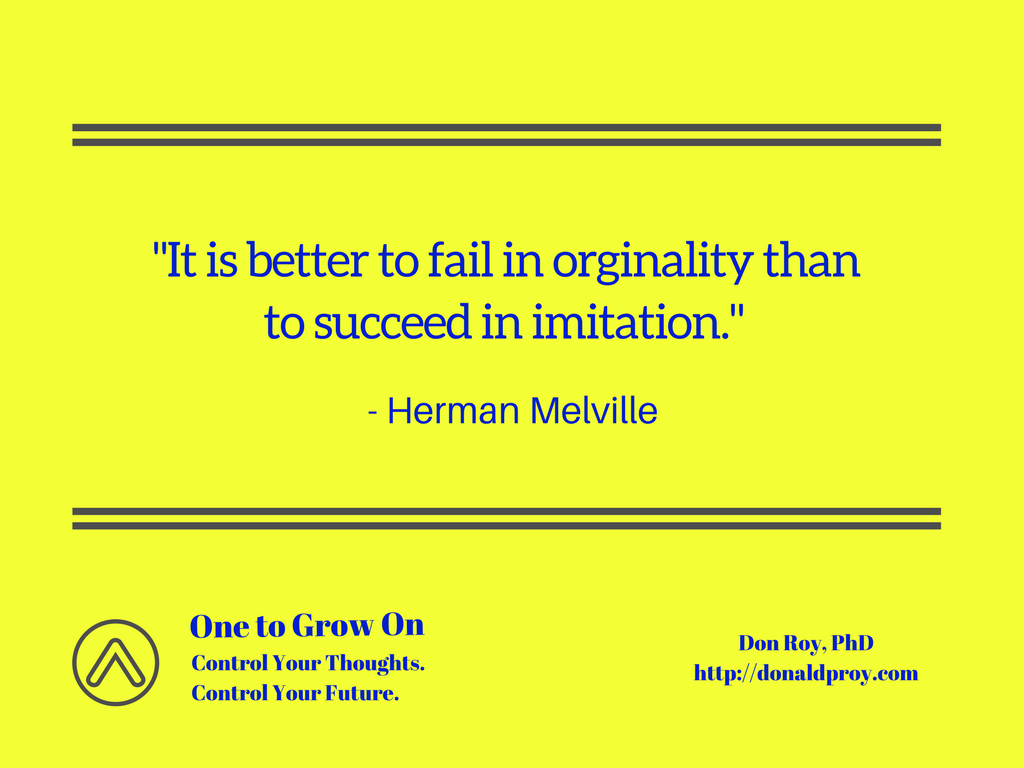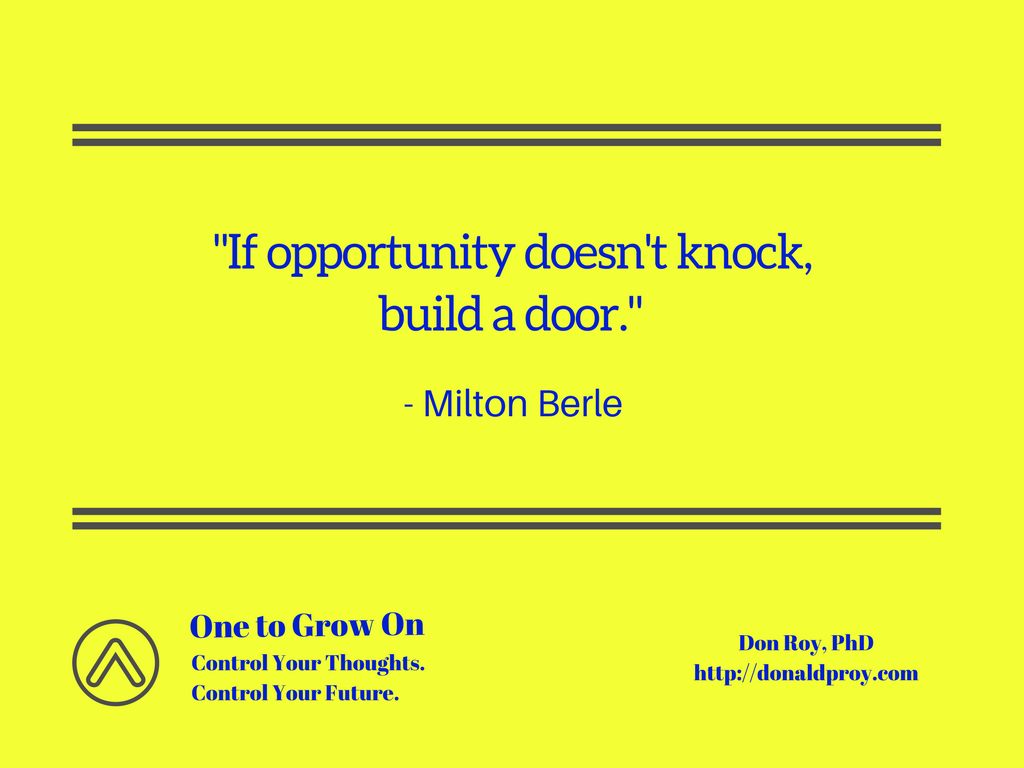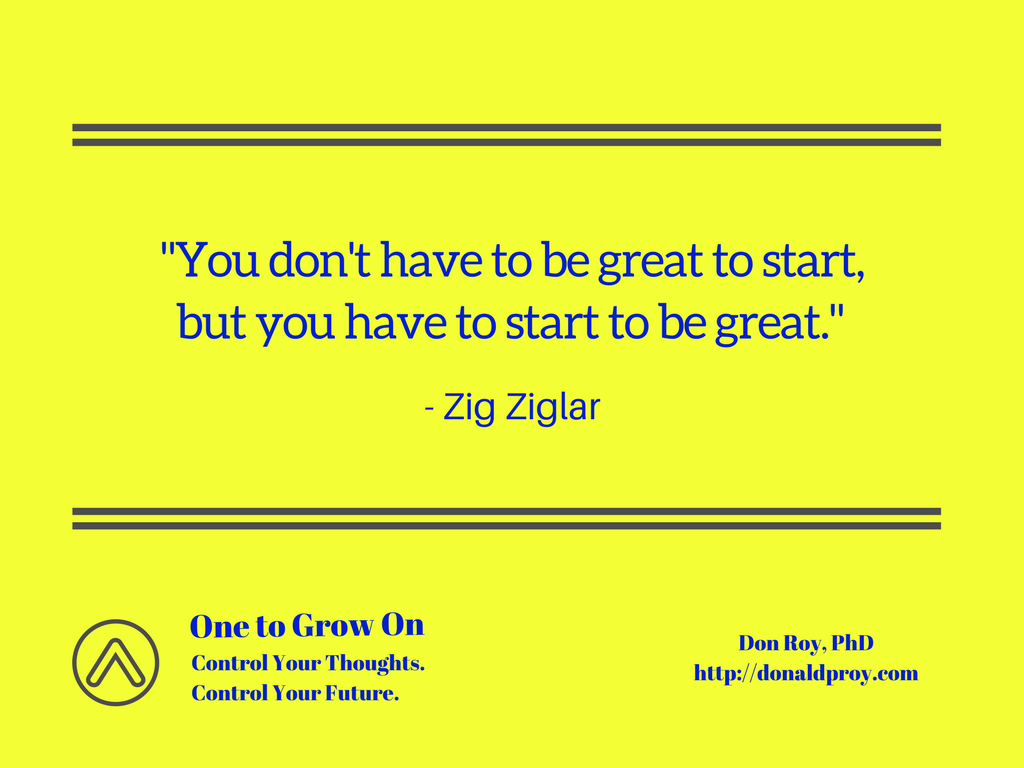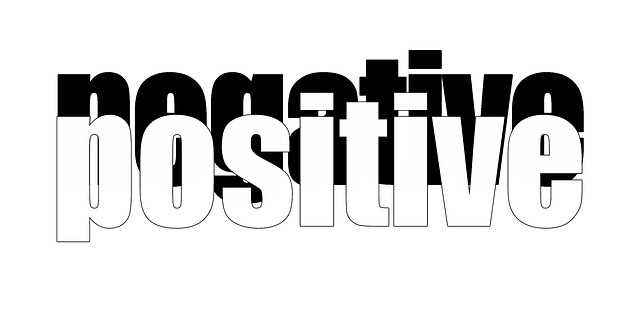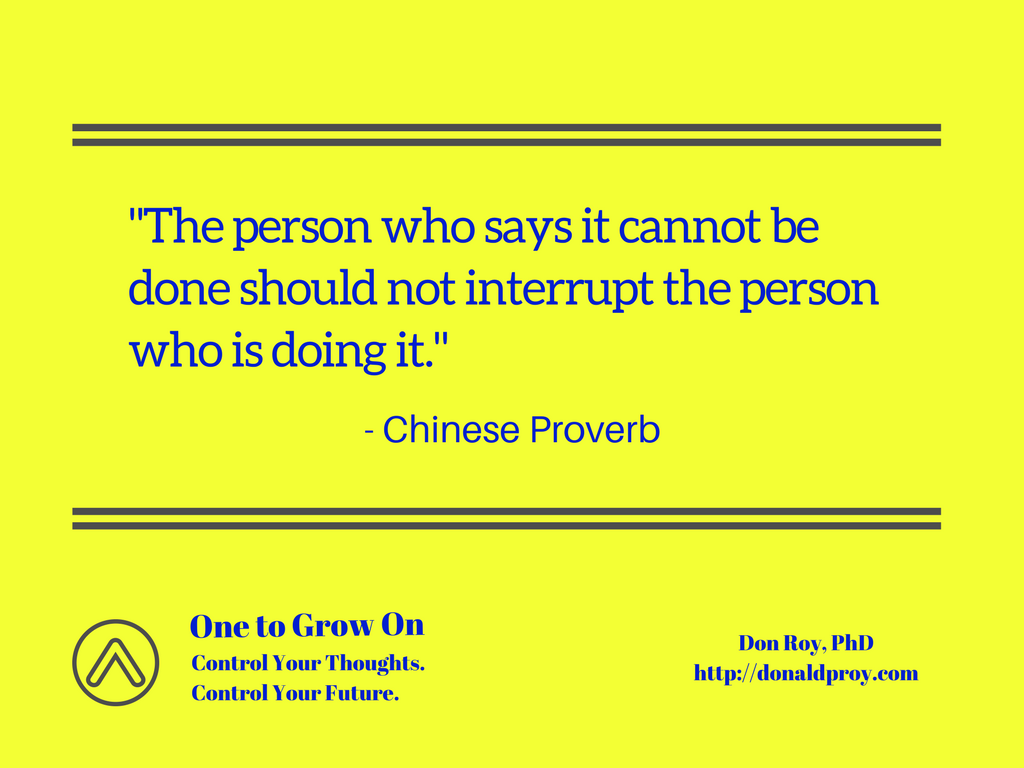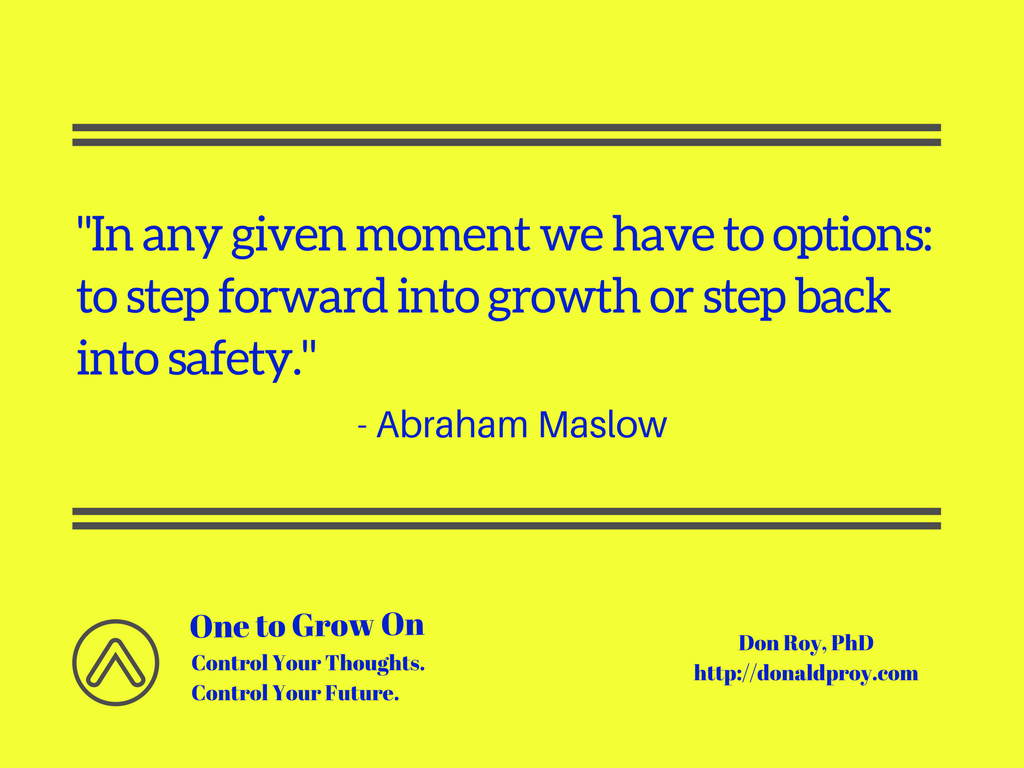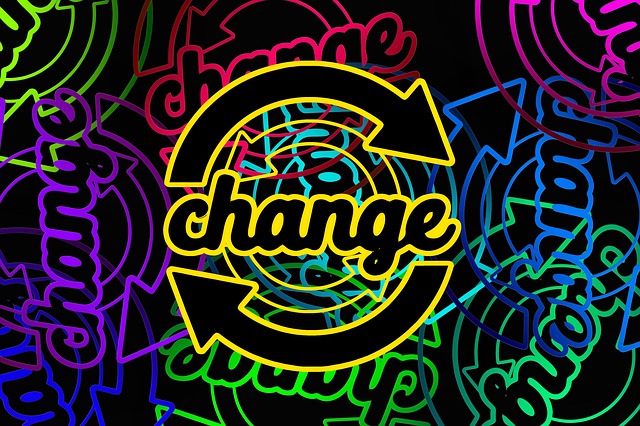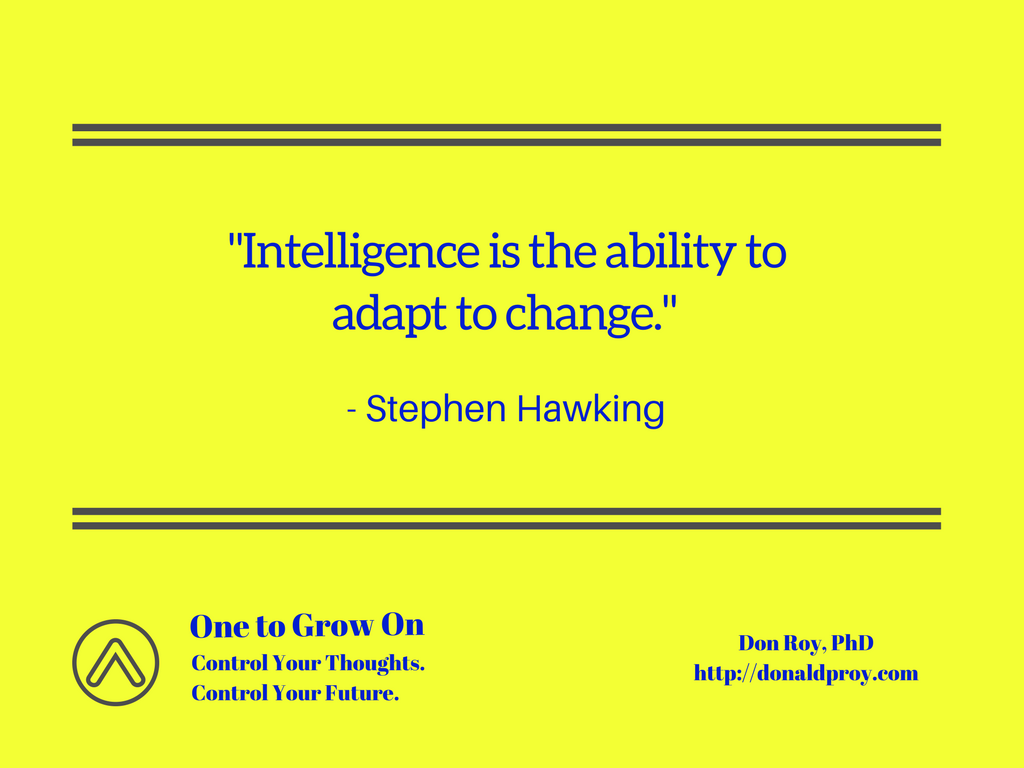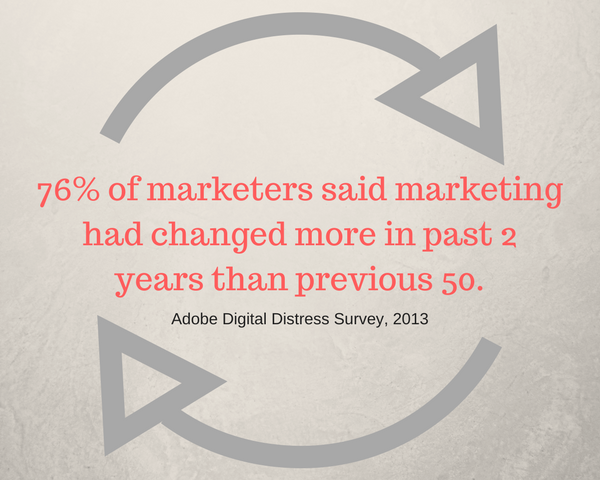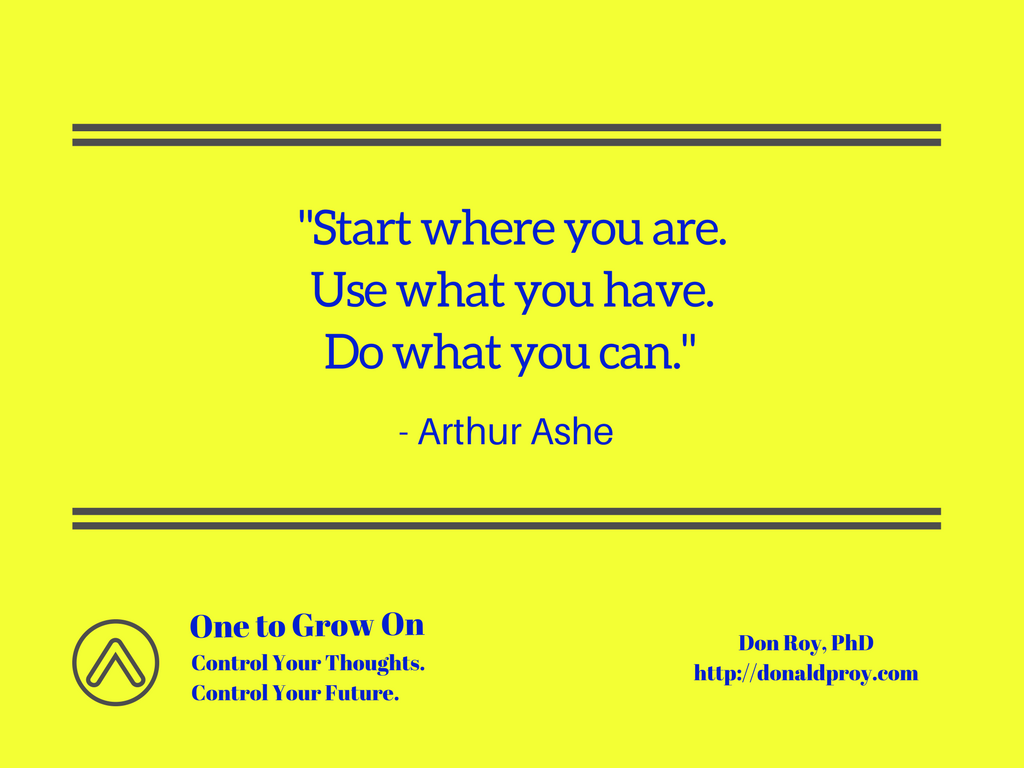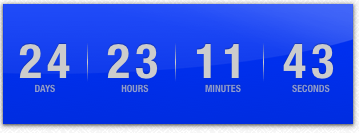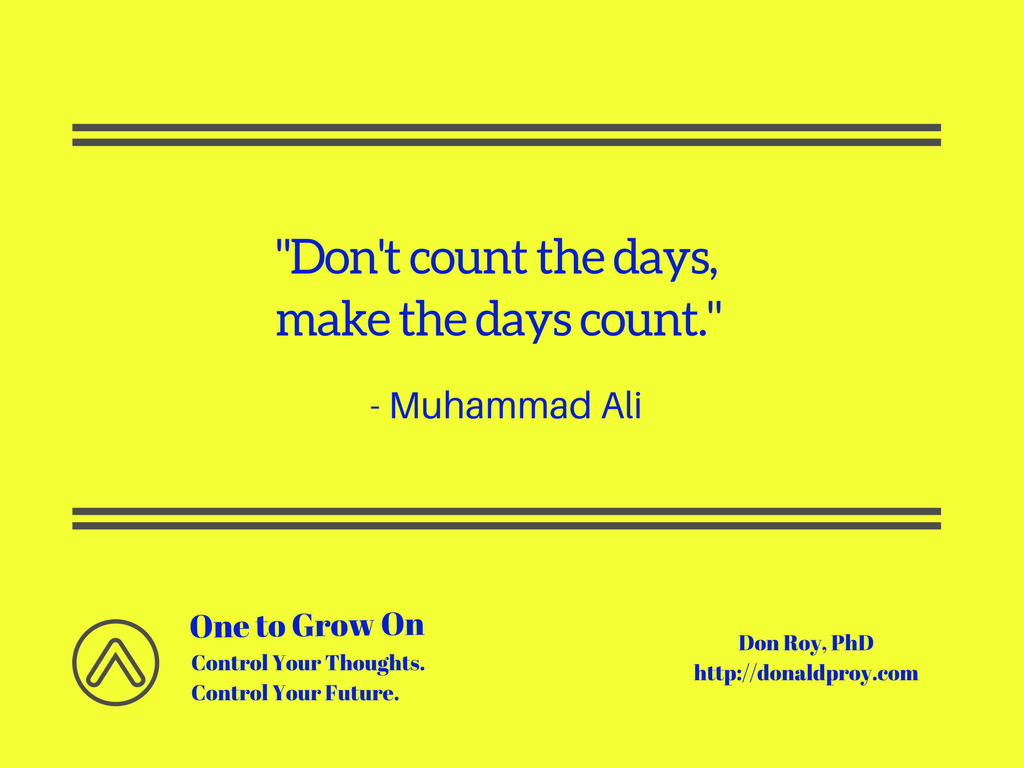Today is Memorial Day in the United States. In 1971, Congress established a national holiday remembering all military personnel who lost their lives in the nation’s wars. The meaning of Memorial Day is sometimes lost as it has become known an unofficial beginning of summer and a time for social gatherings. In contrast to other holidays, “Happy Memorial Day” is an odd greeting to give someone. It is a time to reflect on the price paid for our freedom.
Memorial Day is also a fitting occasion to reflect on legacy. Americans enjoy cookouts, sales, ball games, and other fun activities because of the sacrifices made by members of our armed forces. Of course, some of our military made the ultimate sacrifice and gave their lives in service. Their legacy is unmistakable. Short of dying for your country, what will be your legacy?
This week’s quote for reflection is appropriate for Memorial Day. It comes from a famous American patriot, John Glenn. He was a navy pilot, serving in World War II and the Korean War. Glenn was an astronaut in the Mercury program and later flew a space shuttle mission at the tender age of 77. He also served as U.S. Senator for four terms. In short, if someone was an expert on legacy it was John Glenn.
Interestingly, John Glenn downplayed what his legacy might be to those who followed him. Instead, he preferred to focus on living in the moment… his “live-acy” as he called it.
Three Videos in Our Mind
John Glenn’s attitude toward his own legacy is a model worth emulating. He built a one-of-a-kind résumé over a career that spanned more than 50 years. Glenn earned the right to rest on his laurels, but he opted not to do so. His attention was on the present. I wish I could say my attention is also on the present, but it is not as often as it should be.
Three videos are running in our minds at any given time: the past, present, and future. The highlight reel of the past can sometimes be exhilarating, sometimes embarrassing, and sometimes even saddening to watch. The preview clips from the future can trigger similar emotions.
With so much attention given to the past and anticipation for the future, it is easy to shortchange ourselves in the here and now. We may want to wipe out memory of some of the content of the past video. Some parts of the future video we want to edit or delete by exerting control (which we may or may not have over future outcomes).
The Live-acy Video
The focus thus far has been on two of the three videos running in our minds, the past and future. This week, spend more time on the video that is the present time in your life. If you set goals at the beginning of the year (a form of future video content), are you completing the daily and weekly tasks needed to achieve those goals? Or, have the goals become a distant memory because they did not receive attention in the present?
If you are concerned about your legacy, remember how it will be determined. Our actions in the present define the narrative that will be our personal brand legacy in the future. A life spent loving, listening, helping, and learning will be remembered for those actions. On the other hand, too much time spent regretting the past or fretting about the future deprives us of living now. The result is we are not as valuable to others as we could be.
An Interest in Living
This week’s mindset to practice is simple: take an interest in living. John Glenn’s quote is not an “anything goes” type of call. We still must operate within boundaries that accept the past and understand the future. However, we must be better at living in the moment, appreciating what is going on and the people involved.


